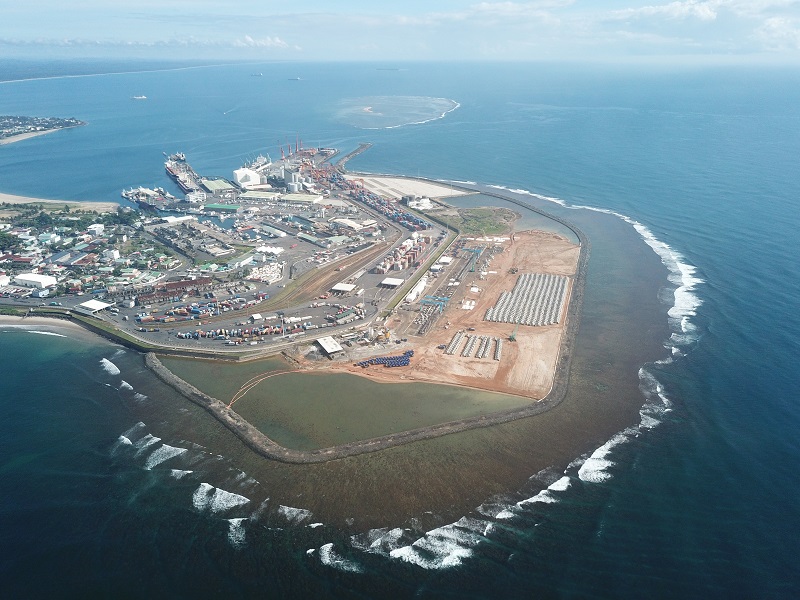Column: Funds dump copper amid financial market turbulence
(The opinions expressed here are those of the author, Andy Home, a columnist for Reuters.)
Funds have dumped their bets on higher copper prices as the turbulence triggered by the collapse of Silicon Valley Bank continues to roil financial markets.
Early-year enthusiasm for copper as a proxy for China’s re-opening from stringent lockdown has succumbed to the contagious fear spreading from the banking sector to other risk asset classes.
The investment community has turned net short of CME copper for the first time in five months, while funds have cut their long exposure on the London Metal Exchange (LME).
Investors’ negativity towards Doctor Copper contrasts with the bullish headlines generated by the FT Commodities Global Summit.
Copper, currently trading in London at around $8,900 per tonne, could surpass its previous March 2022 price peak of $10,845 and hit $12,000 this year, according to Kostas Bintas, co-head of metals at trade house Trafigura.
Goldman Sachs is also expecting higher prices, arguing that the pace of global inventory draws could reduce visible stocks to an all-time low of 125,000 tonnes by the end of the second quarter.
Fund managers, however, are having none of it. Right now macro fear is overwhelming the micro picture.

Sell out
The CFTC Commitments of Traders reports are now fully up to date after the delays caused by the February cyber incident at ION Cleared Derivatives.
They show fund managers turning net short of the CME copper contract in early March for the first time since October last year.
The collective bear call flexed out to 9,837 contracts in the middle of the month before being trimmed back to 6,967 contracts as of March 21.
Driving that shift in positioning has been a sharp reduction in outright long positions, which have slumped from a January high of 78,429 contracts to a current 37,173. Short positions have built by only a relatively modest 6,823 contracts to 40,140 over the same time-frame.
The early-year bullish exuberance has clearly evaporated.
The LME’s positioning reports paint the same picture. Investment funds bought into copper in January, the net long position expanding from 11,830 to 32,397 contracts at the end of the month. By the middle of March it had shrunk back to 13,978 contracts.
If there are any copper bulls in the investor community, they are currently lurking in the “other financial” category of the LME’s reports, where positioning has gone from neutral at the start of January to a net long 7,819 contracts.

No buy-in
The speed of the positioning reversal in copper suggests short-term players are currently in the ascendant, trading copper against the dollar and gold, which has rallied strongly as a safe-haven bet.
Copper “remains dominated by the fx (foreign exchange) with HFT (high frequency traders) leaving a heavy footprint”, according to a Monday market update from LME broker Marex.
Conspicuous by its absence is any significant investor buy-in to the longer-term bull narrative in copper as an enabler of the energy transition.
“Although under-appreciated in the market today, green demand is here and already impacting fundamentals,” according to Goldman Sachs. (“Commodity Views,” March 23, 2023)
The bank expects clean energy demand for copper to rise by 30% year-on-year to 2.6 million tonnes in 2023, powered by an expanding electric vehicle sector and investment in solar energy.
Funds don’t appear to have heard the message.
Outright long positions on both London and US exchanges are small relative to 2020, when the copper price was rallying as first China and then the rest of the world emerged from the initial round of covid lockdown.
China’s recovery (again)
Fast forward three years and China is again coming out of lockdown after the lifting of zero-covid restrictions.
It’s been a stop-start recovery because it’s coincided with the national Lunar New Year holiday period, a seasonal low point for China’s manufacturing sector.
China’s net imports of refined copper were down by 13% year-on-year over the first two months of 2023. Inventory registered with the Shanghai Futures Exchange (ShFE) and its international branch, the International Energy Exchange (INE), mushroomed by 235,000 tonnes to 320,000 tonnes during January and February.
However, INE stocks have since stopped rising and ShFE inventory has fallen by 91,300 tonnes since the start of March.
Headline LME stocks are just 41,875 tonnes, excluding metal awaiting load-out. CME stocks last Thursday hit a nine-year low of 14,627 tons.
Bulls such as Trafigura and Goldman Sachs contend it’s a very thin inventory cushion if China rediscovers its copper mojo.
Funds bought into that bull narrative at the start of the year but have evidently switched focus to the dangers flowing from the banking crisis to Western metals demand.
Which, ironically, doesn’t mean that copper’s next major price move can’t still be generated by China.
(Editing by Jane Merriman)
More News
{{ commodity.name }}
{{ post.title }}
{{ post.date }}




Comments